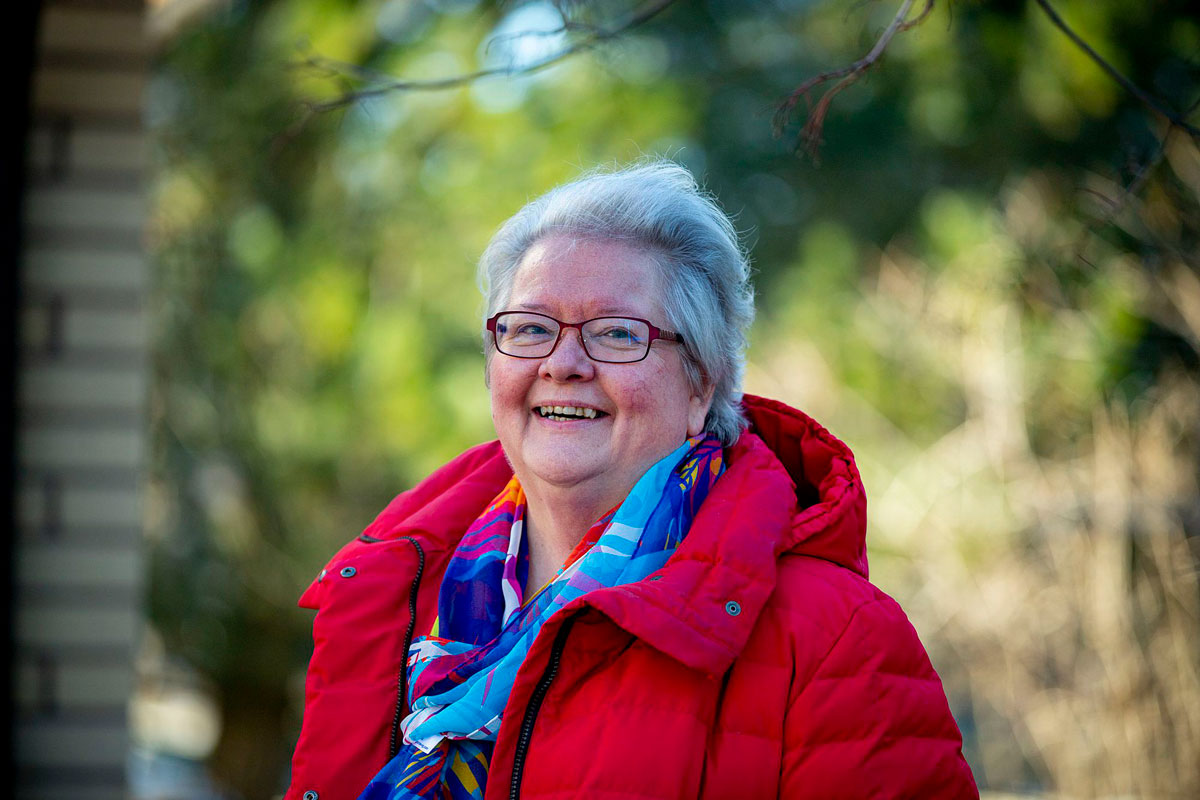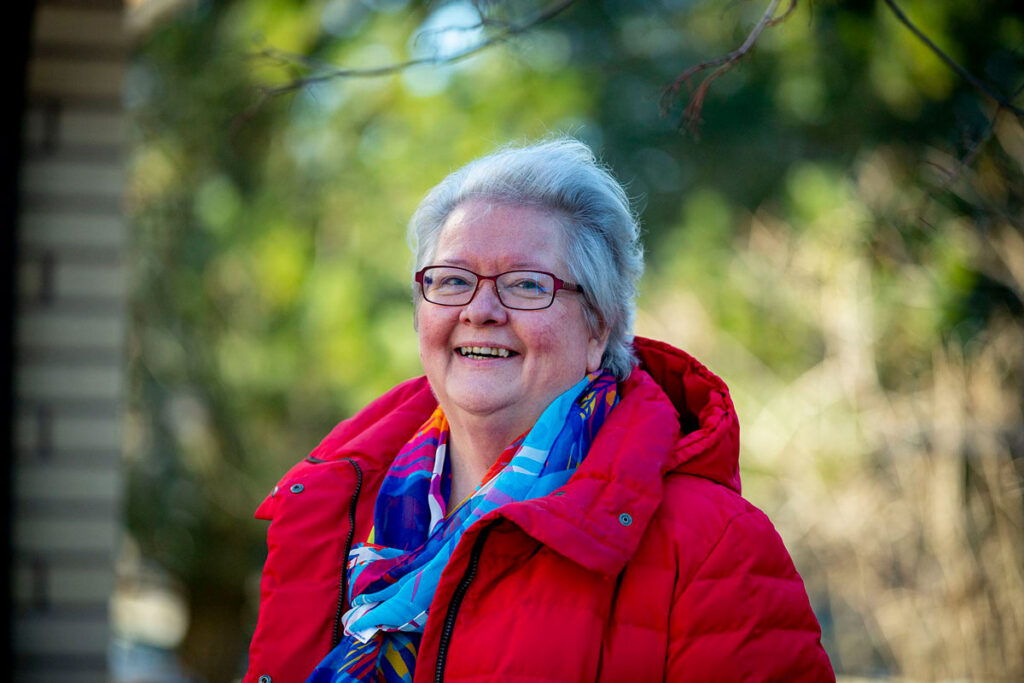
At 34, Finland’s PM Sanna Marin became the world’s youngest prime minister in 2019, and her cabinet has a majority of women members. Women in Finland enjoy a high degree of equality and their position in society and business is well-respected.
RI Director Dr Virpi Honkala from Finland shared this fact while addressing a zoom meet on ‘Women in Finnish society and Rotary’ organised recently by the Rotary International Women’s (RIW) group. The group formed in April last year has women Rotarians from across 30 countries and has recently got the RI approval for its Rotary Action Group for Menstrual Health and Hygiene.
Virpi chronicled the growth of women in Finnish society. Finland was part of Sweden for almost 700 years from 1150 until the Finnish War of 1809, after which it became an autonomous part of the Russian Empire as the Grand Duchy of Finland. It became an independent country in 1917.
The country was voted second in the Global Gender Gap Index on women’s rights and is among the top countries for women’s equality. In 1906 Finland became one of the first countries to grant women the right to vote, and contest elections. “We were the third country in the world after Australia and New Zealand to enjoy this right. The very next year, 19 women were elected as MPs — the first in world history!” recalled Virpi.
The country’s Government Action Plan for Gender Equality proposed in 2003 included over 100 issues that needed discussion such as promoting equal pay for work of equal value, increasing the number of women in political and economic roles, assessing gender equity from the male point of view, prevention of domestic violence and intimate partner violence and protecting victims of trafficking.
Virpi is the head of surgery and a medical director at the Raahe Hospitals in Finland. When she qualified to become a general surgeon in 1986, “it was just about then that things had changed. In the early 1970s and 1980s some vocations such as pilots, chimney sweepers, bus drivers, pastors and surgeons were open only to men. But by the time I graduated more than 50 per cent of incoming medical students were women.”
In 1919, women were granted the right to work in offices for salary without the husband’s consent. “This may sound weird today. But at that time this was quite a revolutionary decision,” she smiled. Wife-beating was declared illegal as early as 1860 and in 1878, both men and women were given equal rights to inherit property. In 1901, women were given equal rights to attend universities.
The RI director recalled that her grandmother attended elementary classes in 1897 in what was called ‘rotating schools’ as it was conducted in various houses in turns. “She learnt basic math, and to read and write.” Virpi’s mother served at the war front as a volunteer in 1941. The country has a law for maternity allowance since 1937 and one for maternity and child health checkup since 1944.
More recently and since 1994, marital rape is considered illegal; in 1999 the government abolished regulations on homosexual acts and adultery and from 2011 transvestism is no longer considered a ‘disorder’. In 2019 the country banned marriages of minors.
Women in Finnish Rotary
While Rotary first arrived in 1926 in Helsinki, after 1987 when Rotary started admitting women members, RC Helsinki has seen three women presidents, one of them even holding the office twice. Virpi was the first woman district governor in 2008–09 and the first woman RI director from the country. She is all for the Diversity, Equity, Inclusion statement adopted by the RI board in Jan 2019.
Talking about menstrual health management (MHM) among adolescent girls in Finland, she said that the schools educate the girls well in advance. “The situation is good here,” she replied, to a question from an RIW member about the availability of proper infrastructure, especially for adolescent girls in schools.
Talking about her experience as a woman RI director, she said that it has been most interesting. “Decision making is based on discussions and it takes a lot of reading and background checks to try to understand various issues.” She acknowledged the suggestion from Sharmila Nagarajan, RIW’s founding member from the UK, to have a separate action group for menstrual health management and not as a part of WASH RAG. “The early laws were approved by men but behind all these improving laws there are a group of powerful women lobbying and explaining why MHM is imperative.” Women across the world had faced issues relating to menstruation. “They were thought of as unclean, but all that is far behind us now. Men need to have the knowledge of what it means. It is important to empower girls and ensure their success in the world. I would vote for you,” said the RI director.
PDG Shyamashree Sen requested her to push the RAG forward with RI. “Yesterday when I heard our incoming RI president Shekhar Mehta talking about empowering the girl child he only spoke about the washable cloth napkin.” Probably most men had no knowledge about the cup. “In our country we do not talk about menstruation with men because we are still embarrassed. But we need to initiate this dialogue,” she said.
The menstrual cup needs more exposure. Women need to know how it is better than sanitary napkins, said Sharmila, adding that even in the UK, not many supermarkets stock menstrual cups. They have biodegradable napkins though.
“If it is good for the environment and if the next generation is comfortable with it, let’s promote it”, said Virpi.






